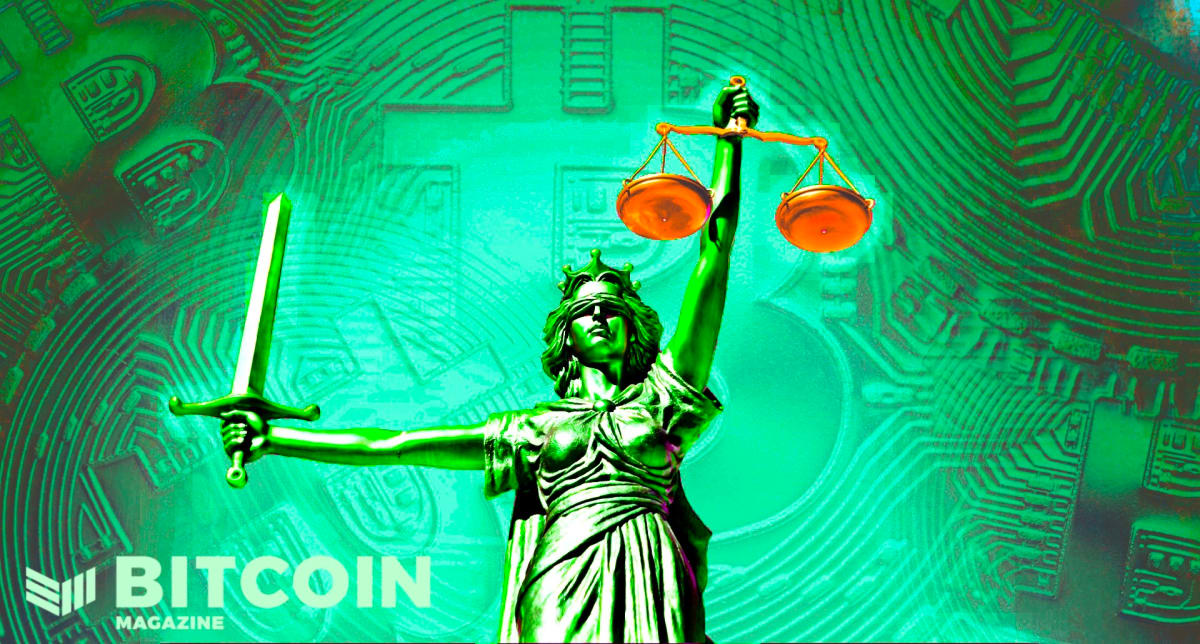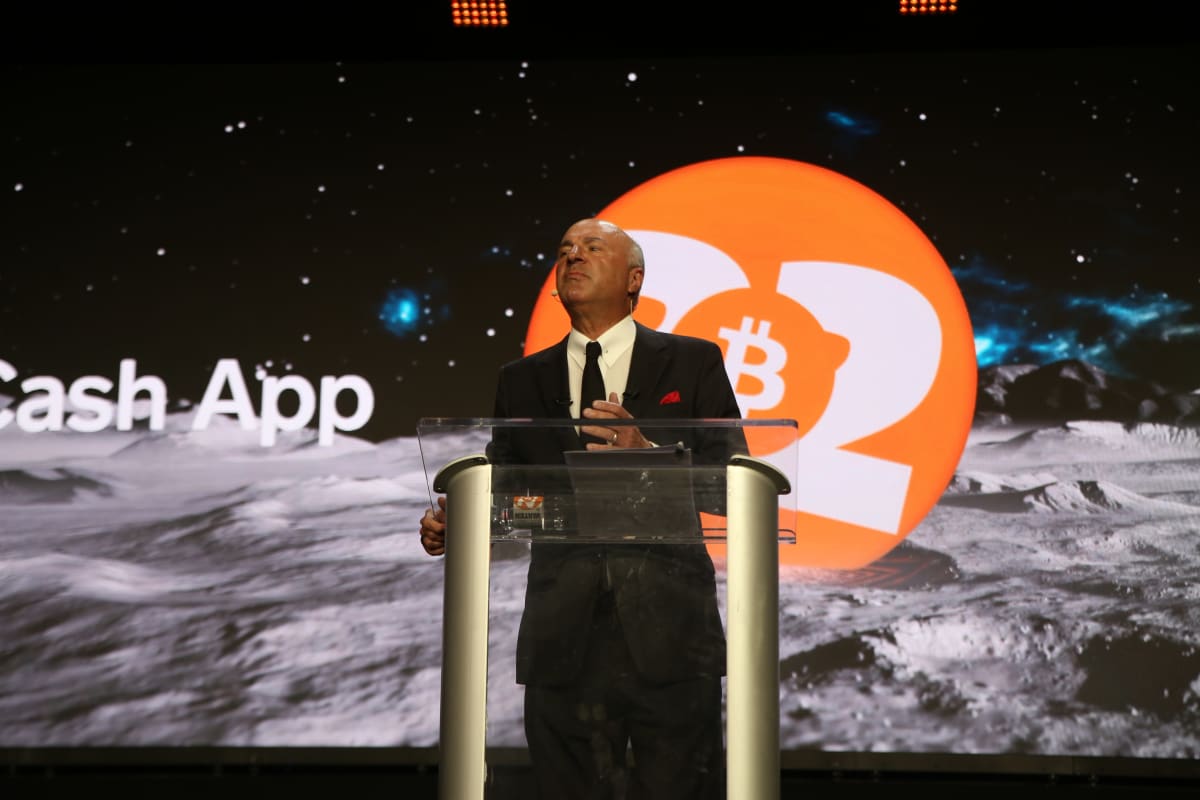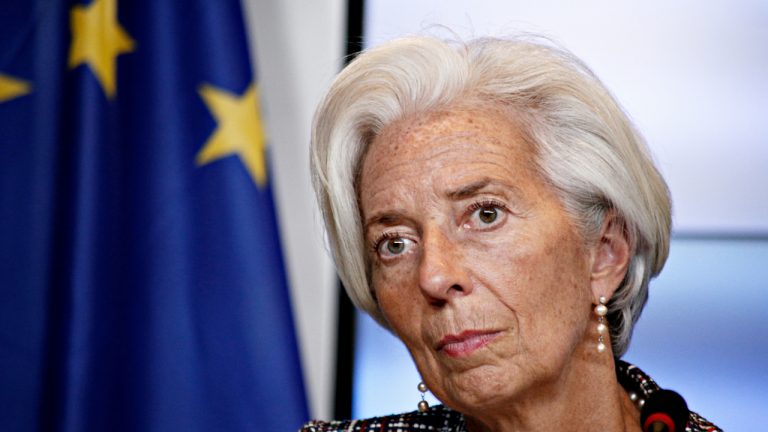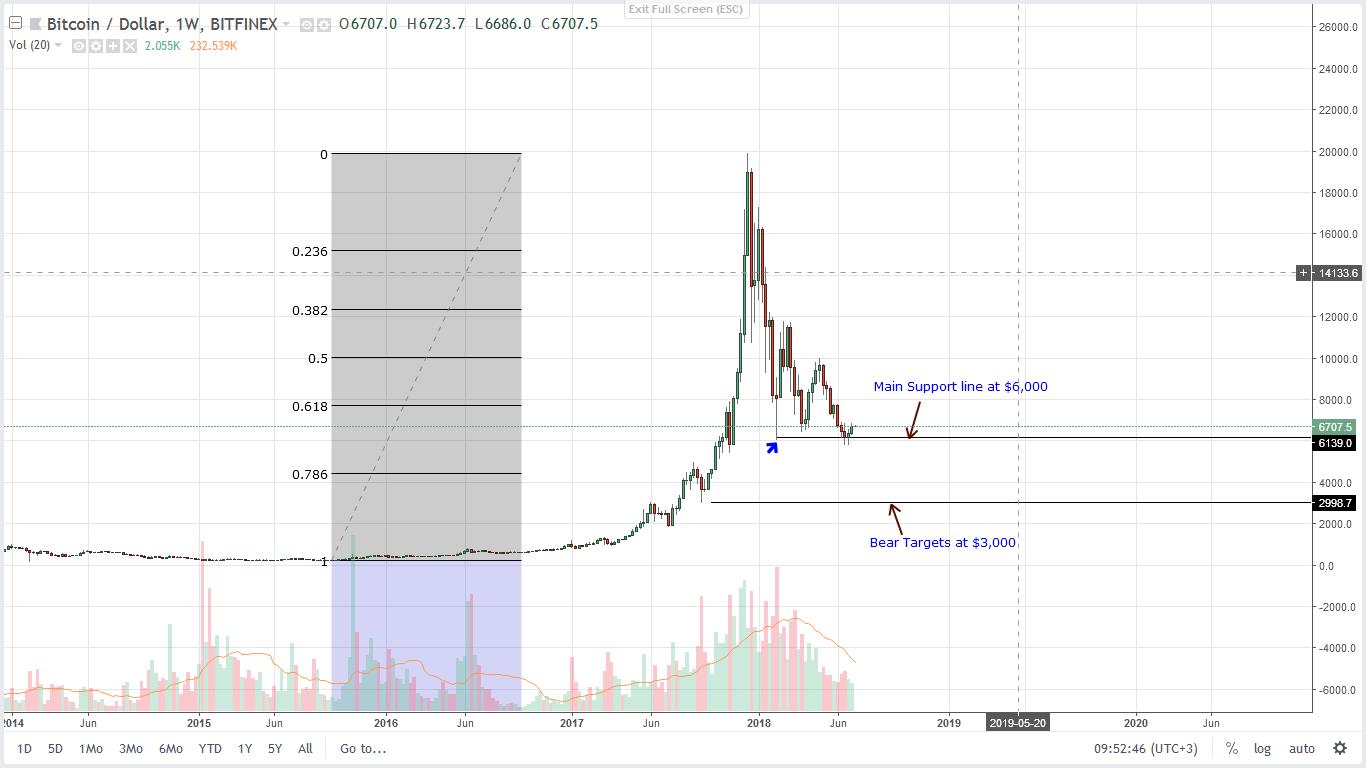2021-2-11 19:33 |
A lot of people automatically dismiss e-currency as a lost cost because of all the companies that failed since the 1990s. I hope it’s obvious it was only the centrally controlled nature of those systems that doomed them. I think this is the first time we’re trying a decentralized, non-trust-based system.
Satoshi NakamotoBitcoin was created in 2009 as a way to remove third-party intermediaries that are typically needed to conduct monetary transactions. According to a message inscribed in the coinbase parameter of the first block in Bitcoin’s blockchain, this was at least partially in response to the Great Recession that lasted from 2007 through the early part of 2009. Most of us remember the difficulties that banks and other institutions faced as the credit crisis raged on.
In contrast, Bitcoin was created to serve as a universally accepted and trustless cash system. Although several companies have tried that type of system over the years, Bitcoin’s success is unrivaled and is now attracting attention from global regulators.
As a new presidential administration takes power in the U.S., many wonder how President Biden’s team will handle the rising popularity of cryptocurrency markets. Two central figures on Biden’s team will be Gary Gensler and Janet Yellen. Although both Gensler and Yellen are considered to be pro-blockchain technology, they are also known to have reservations about some of the wheeling and dealing that occurs daily. As cryptocurrency’s popularity continues to rise, the way in which the U.S. reacts to that growth will take on added importance.
Regulations Should Encourage Growth, Not Stifle ItIt’s clear that Bitcoin’s pseudonymous creator Satoshi Nakamoto had a distrust of centralized banking and finance after the pain that many people experienced during the Great Recession. Bitcoin was created to get away from the multinational banks and the notion of “too big to fail.” Given Bitcoin’s rise in popularity over the last four years in particular, there can be no doubting the currency’s success. However, despite that success, many still consider cryptocurrency to be the “Wild West” (rightly or wrongly) of finance.
When the word “regulation” is tossed around in cryptocurrency communities, people tend to have a strong reaction. I think that is simply a case of not fully understanding that regulation can actually be a good thing if targeted at the right areas. The right areas are not taxation, KYC or AML, issues that can sometimes cause anxiety for those determined to live in a decentralized world. Rather, regulation should be focused on protecting investors and making them feel comfortable investing in an asset class that is still in its infancy.
A recent example of the wrong type of regulation was discussed by Brian Armstrong, CEO of Coinbase, on his Twitter account in November 2020.
This proposed regulation would, we think, require financial institutions like Coinbase to verify the recipient/owner of the self-hosted wallet, collecting identifying information on that party, before a withdrawal could be sent to that self-hosted wallet.
— Brian Armstrong (@brian_armstrong) November 25, 2020The point should be clear that while the intention of the potential regulation may have been good, the outcome would be extremely burdensome for cryptocurrency exchanges in terms of having to verify ownership of each self-hosted wallet. Rather than requiring exchanges to devote resources, financial and personnel, toward this type of unnecessary regulation, we should be doing everything in our power to encourage and support exchanges and other crypto entrepreneurs in their endeavor to drive cryptocurrency adoption.
Another unfortunate aspect of an asset class that is just beginning to take shape is that past negative incidents can sometimes shape a false narrative. Case in point is when Yellen, the newly-confirmed Secretary of the Treasury, recently testified in her confirmation hearing that cryptocurrency transactions were used “mainly for illicit purposes.”
While it’s true that bitcoin and other cryptocurrencies have sometimes been used for nefarious activities, the criminal share of all cryptocurrency activity was estimated to be just 0.34 percent in 2020. As it turns out, regulators fined banks approximately $10 billion over a 15-month period through 2019 for violating anti-money laundering rules and transacting with countries currently under sanctions. So, it certainly seems Bitcoin’s threat is overstated compared to what we already face. Yellen’s misunderstanding is an unfortunate result of hearing the occasional negative headline.
Despite that, Yellen did recently acknowledge that digital currencies had the potential to improve the efficiency of the financial system. That viewpoint happens to align with that of Gensler, Biden’s choice to lead the U.S. Securities and Exchange Commission (SEC), who is known for his pro-blockchain mentality. The first indication that Gensler will serve as a Bitcoin ambassador is that he taught a class covering blockchain technology’s potential at the Massachusetts Institute of Technology Sloan School of Management. It’s hard to imagine a world where someone would teach about an asset’s potential and then do an about face and try to stifle it. A second sign that Gensler may be Bitcoin friendly is the fact that he penned an op ed for CoinDesk in which he argued that cryptocurrency and blockchain technology would serve as a catalyst for change:
This last point — crypto and blockchain technology acting as a catalyst for change — may not fulfill the heightened expectations of maximalists, but may be Nakamoto’s most enduring early contribution. This new form of private money and its underlying shared ledger technology already have been catalysts for central banks, big finance and big tech. Along with fintech innovations, crypto initiatives have spurned incumbents to update payment solutions and explore new approaches to finance and multiparty database management.
Gary GenslerThe evidence certainly points to Gensler being a friend, rather than a foe, of Bitcoin maximalists. That being said, Gensler developed a reputation for protecting investors while serving as chairman of the Commodity Futures Trading Commission (CFTC). He is someone that isn’t afraid to go toe-to-toe with banks and corporations that go too far at the expense of investors.
During a 2018 interview with Bloomberg Television, Gensler said: “I would say, you want some form of regulation, you want traffic lights and speed limits, because then the public is confident to drive on the roads.”
Gensler also mentioned that he would like to see the big, established exchanges like Coinbase come within the SEC or CFTC.
Reassurance Is Needed For Mainstream AdoptionIt can be a bit challenging to get data on precisely how many people own bitcoin, but given that only 55 percent of Americans own stocks, it’s likely a percentage of the U.S. population in the single digits. Bitcoin and other digital assets have been discussed quite frequently throughout 2020, with several notable figures like Mark Cuban, Ray Dalio and Elon Musk making favorable statements and/or tweets. As that continues, it will certainly help convince more average investors to get involved. However, as it stands right now, the average investor may remain uneasy about investing their hard-earned money in an asset that they don’t fully understand.
Some of that trepidation can be attributed to two main factors:
VolatilityUncertainty on getting startedVolatility is certainly an issue for the average investor but one that may be difficult to address through regulation. The fact is that cryptocurrency is still a relatively new asset class and new asset classes generally experience volatility until they reach maturity. There is an investing principle known as the risk/reward ratio through which investors can determine whether the additional risk they are taking on is worth the potential reward. Despite the volatility, it’s hard to deny that early adopters haven’t been rewarded for taking on that extra risk.
The second issue for those still waiting to invest is that many aren’t sure how to get started. Fortunately, what once was once a barrier to entry is now actually quite easy. Investors have several options for investing in crypto.
They can deposit money directly at a bitcoin ATM, which is actually quite useful for those who don’t have access to traditional banking options, though fees for this can be quite expensive with limited transparency. However, the preferred method and the way to really drive mainstream adoption is to deposit funds directly at a cryptocurrency exchange that serves as an offramp for fiat. By looking at CoinMarketCap’s top exchanges (as ranked by volume), it appears as though investors generally do tend to gravitate toward exchanges that are regulated.
Source: CoinMarketCapMany of the above exchanges do allow customers to send funds directly via ACH and/or bank wire. Once the funds are received by the exchange, investors can begin trading. Many of these regulated exchanges have developed a reputation for being among the most secure due to the following:
Login requiring 2FA authenticationWallet address whitelistingStrictest standards of KYC/AMLOffline cold storage of assetsDespite the above security measures that are generally followed, a big question that investors always seem to ask is whether deposited funds are safe. The answer is generally yes, but unlike the brokerage industry, there is often no FDIC-style guarantee of safety. This is perhaps one area that regulators could explore in order to ease the concerns for investors still waiting on the sidelines.
Final ThoughtsIt’s clear that cryptocurrency has captured both the imagination of many and the attention of global regulators. While the goals of these two groups couldn’t be more different, they will need to find a way to coexist for the market to grow to the levels that are often dreamed of.
To spur that growth, regulation is necessary, but it needs to be targeted at addressing the concerns of the average investor. With a new administration now calling the shots in the U.S., it will be interesting to see whether these issues are addressed or whether the can gets kicked down the road, again.
This is a guest post by Thomas Meyer. Opinions expressed are entirely their own and do not necessarily reflect those of BTC Inc or Bitcoin Magazine.
The post Balancing Calls For Bitcoin Regulation While Preserving Satoshi’s Dream appeared first on Bitcoin Magazine.
origin »Bitcoin price in Telegram @btc_price_every_hour
Bitcoin (BTC) íà Currencies.ru
|
|





























